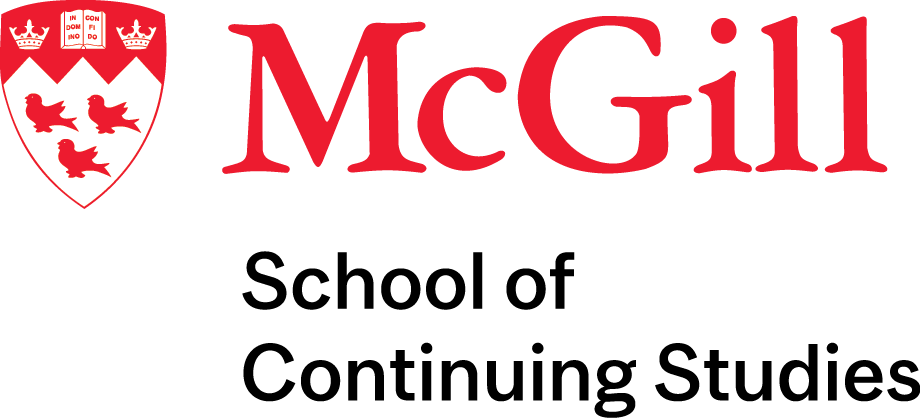When historians will write about the path aviation has taken in its rise to prominence since its launch 120 years ago, the ability of the industry to deal with challenges and risks will be evident. In these post-pandemic times, aviation is once again emerging with a renewed vigour, and with a greater sense of value creation in bringing global communities together. We have to learn from our pandemic experiences so that we can be prepared for future disruptions in whatever forms they may take place.
 ICAO partnered with McGill University’s School of Continuing Studies to step up to the challenge of enhancing the aviation industry’s ability to effectively address future risk events by designing and developing a comprehensive risk management learning experience. The first element of this Risk Management programme, developed in partnership with ICAO, is the Risk Management Fundamentals course, aimed at enhancing aviation leadership’s understanding of core risk management principles and methodologies in a state-of-the-art learning environment.
ICAO partnered with McGill University’s School of Continuing Studies to step up to the challenge of enhancing the aviation industry’s ability to effectively address future risk events by designing and developing a comprehensive risk management learning experience. The first element of this Risk Management programme, developed in partnership with ICAO, is the Risk Management Fundamentals course, aimed at enhancing aviation leadership’s understanding of core risk management principles and methodologies in a state-of-the-art learning environment.
Upon completion of the course, participants will be able to:
- Describe essential risk management terms, the risk management environment, objectives and goals, classifications, basic risk assessment measures, and risk management benefits for organizations, the economy, and society.
- Explain the use of specific risk management frameworks and standards, including the ISO 31000:2018 and the COSO Enterprise Risk Management (ERM).
- Identify and classify hazard risks and describe resulting loss exposures.
- Identify and describe the different types of operational and strategic risks, their potential negative – as well as positive outcomes, and basic measures, including Key Risk Indicators (KRIs) and Key Control Indicators (KCIs).
- Compare and contrast traditional risk management, Enterprise Risk Management (ERM), and Integrated Risk Management (IRM) practices and determine the optimal approach relative to an organization’s unique objectives.
This first course lays the groundwork for an industry to be better prepared to face the challenges of continued disruption in whatever form and to continue to provide communities with the economic and societal values the world has come to expect of aviation. Future elements in this 4-course programme will delve deeper into the practical applications of risk management methodologies and tools in aviation to ensure organizational readiness in mitigation of risk events.
Risks need not be feared. Risk management needs to be ingrained in all we do.
